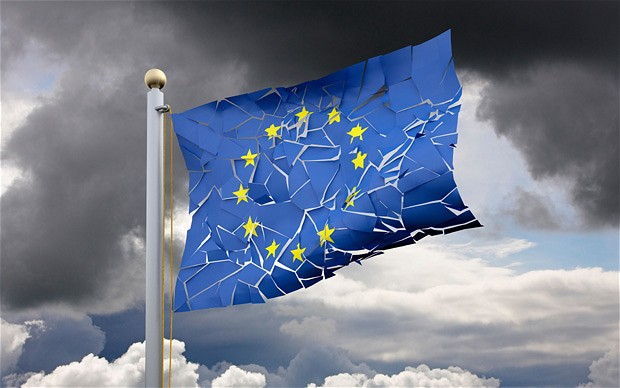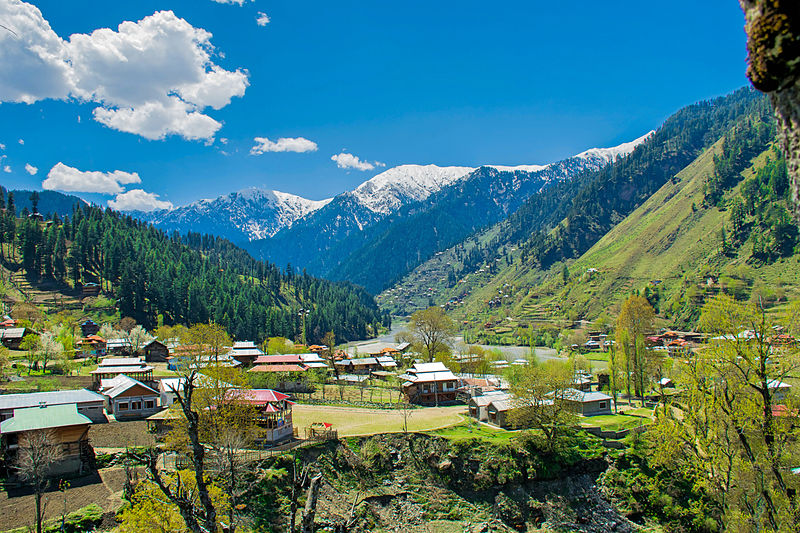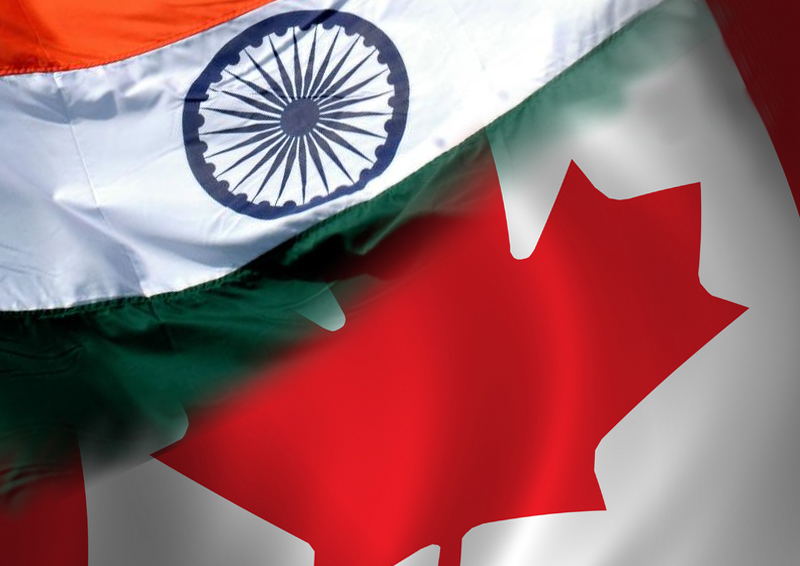
Nationalism is becoming a more attractive platform to preserve Europe economically and culturally. Nationalism serves as a protective mechanism, which mobilizes people in situations where essential aspects of their identity are threatened. A nationalist approach is one which pursues the preservation of the nation’s past and uniformity as a strategy for survival. Therefore, if the European Union wants to overcome extreme nationalist tendencies in some of its member countries, it needs to offer more than simply a stable economic situation. It needs to foster economic growth in conjunction with active participation in identity forming and immigration monitoring in order to reduce the number of immigrants to one which is small enough to assimilate and incorporate into the new European identity. Currently, the number of immigrants in many European countries is too large to assimilate and the consequence of that is growing ethnic enclaves which enable immigrants to enjoy economic benefits without sharing European values.
The degree of Nationalist reaction to immigrants depends on the level of economic decline and the visibility of foreigners who are perceived as threatening a nation’s core values. Nationalist tendencies can take the form of Anti-Niqab laws in France or they can take more radical forms. In Greece where there has been significant economic decline, Nationalism takes a Neo-Nazi form with the rejection of everything that is seen as foreign to Greece. It can also take the democratic yet radical form of imposing quotas on immigrants such as Switzerland’s anti-immigration referendum spearheaded by The Swiss People’s Party just a few weeks ago.
Bearing in mind the economic element of this equation, it is also necessary to address the increased immigration into Europe from non-European countries. While the type of nationalism that occurs in Europe varies depending on the extent of economic recession or austerity measures, it also varies depending on the cultural contrast of the population that is immigrating (both legally and illegally) into European states bound by the multicultural agenda of the European Union. Initially European integration pre-supposed social mobility and interaction of “European Nations”, which although representing a wide range of cultures, are still relatively homogenous in many characteristics. However, even before Europe was able to solidify internal European National cultures in a new Pan-European identity on the popular level, it quickly faced the challenge of large-scale immigration from countries with cultures significantly different from Europeans such as Middle Eastern and North African. These immigrants were harder to assimilate and incorporate into European society, thus, paving the way for more resistance to multiculturalism from the local European populations.
The nature of immigrants’ attitudes have changed as well in the last several decades. During the cold war, immigrants were ardent supporters of western values. In recent years, there has been an increase of immigrants who are interested in sharing in western economic prosperity independent of western values, creating the conditions for a culture clash. Immigrants today, demand to wear their traditional garb. Muslims in Britain have even gone as far as to demand that Britain adopt Sharia law. For example, there was a protest this past December by Muslims who oppose the sale of alcohol in London shops. Immigrant demands that their host countries conform to their cultural standards presents a problem for those who initially supported multiculturalism, only to find that failure to promote a cultural standard leaves the nation vulnerable to those cultures which have stronger positions.
As a means to prevent this type of development, governments may try to stop or at least limit the immigration from Anatolia, Middle East and North Africa. This might give the European Union time to create European Unity not just on paper but also in the minds of the people.




